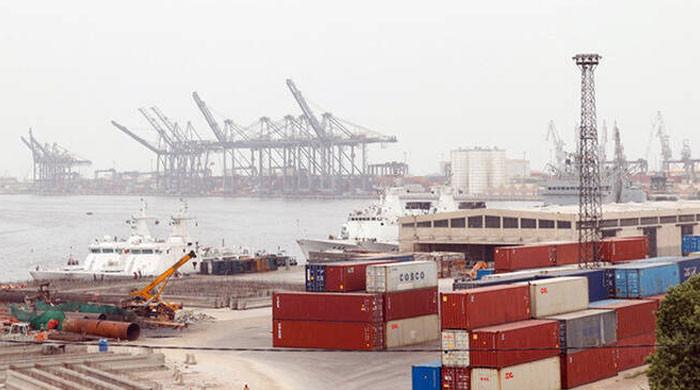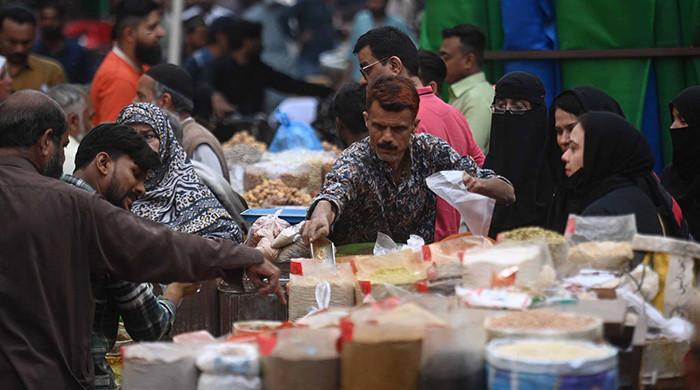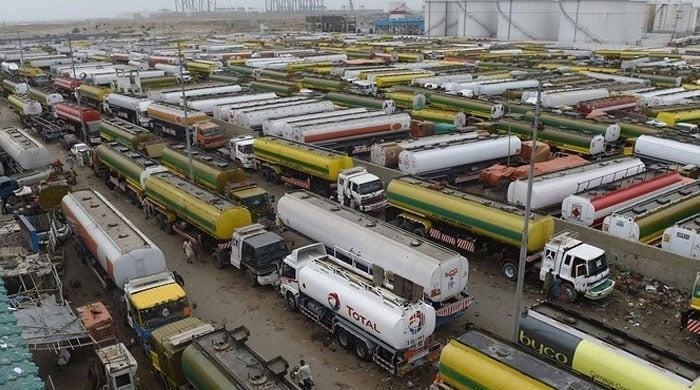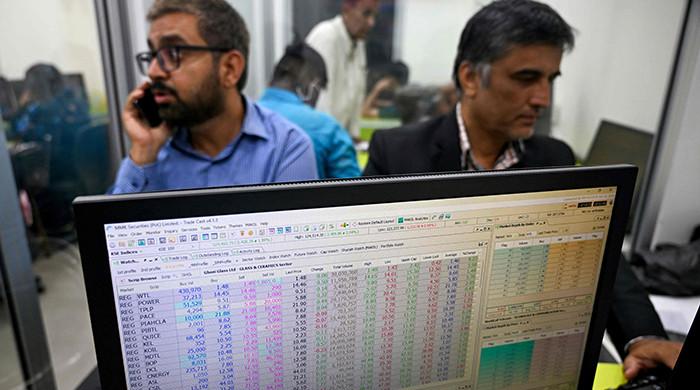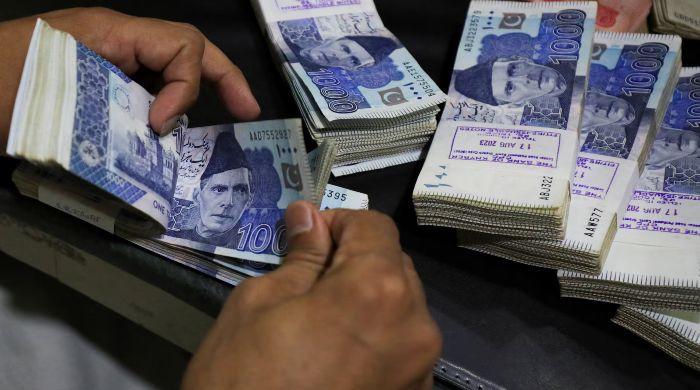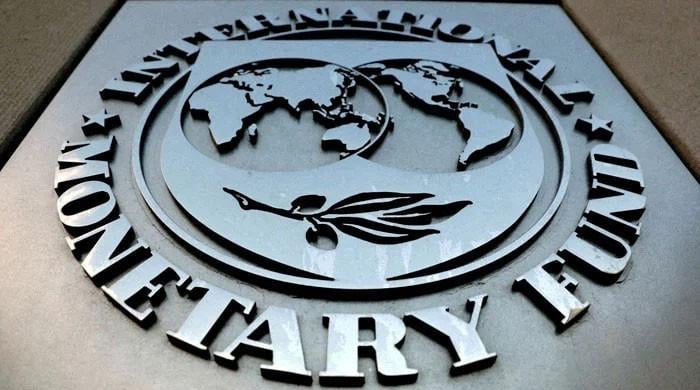Govt eyes Rs20bn in revenue from 18% GST on imported solar panels
Projected tax take implies the govt expects solar imports to cross over Rs110bn next fiscal year
June 15, 2025

- Locally assembled solar panels already face same tax: FBR chief.
- New tax on imports to help create level-playing field, says Langrial.
- Move also aligns with broader fiscal goals under IMF-guided reforms.
ISLAMABAD: Prime Minister Shehbaz Sharif-led government, as per the official documents, is eyeing Rs20 billion in tax revenue in Fiscal Year 2025-26 via the imposition of 18% General Sales Tax (GST) on imported solar panels and photovoltaic cells, The News reported on Sunday.
The projected tax take implies the government expects solar imports to cross over Rs110 billion next fiscal year — despite industry concerns that the new levy may slow momentum in the country’s solar adoption drive.
The GST on imported solar panels — which have become a key source of alternative and cheap electricity for the country's inflation-weary masses reeling under soaring power bills — was revealed by Finance Minister Muhammad Aurangzeb during his budget speech where he said that the move was aimed at supporting local manufacturers and fixing imbalances in the market.
Noting that the measure would play an important role in promoting Pakistan’s domestic solar industry, which has long struggled to compete with cheaper foreign alternatives, the finance czar said that the proposed GST was part of a broader effort to fix long-standing issues in the country’s sales tax system and introduce fairness across sectors.
The government's proposed tax is to be taken against the backdrop of the fact that under the International Monetary Fund (IMF) loan deal, Pakistan sharply raised power and gas tariffs to support struggling suppliers in the heavily indebted sector last year.
Pakistanis now pay more than a quarter more on average for electricity, setting off a scramble to install solar modules.
Solar made up over 14% of Pakistan's power supply last year, up from 4% in 2021 and displacing coal as the third-largest energy source, according to UK energy think-tank Ember.
Meanwhile, Federal Board of Revenue (FBR) Chairman Rashid Langrial told a parliamentary panel that locally assembled solar panels were already subject to the same tax, while imported panels had been tax-free, creating a disadvantage for local manufacturers.
He said the new tax on imports would help create a level-playing field for the domestic industry.
The move comes as Pakistan’s net-metered solar capacity has more than tripled in less than two years, rising from 1.3 gigawatts in FY2023 to 4.9GW by March 2025, according to Islamabad-based energy think tank Renewables First.
This explosive growth has been largely fuelled by households and businesses seeking relief from chronic power outages and soaring grid electricity tariffs.
While the government sees the GST as a revenue-generating tool amid fiscal tightening, industry players warn it could deter new investments in solar infrastructure, particularly for small-scale consumers.
Still, policymakers argue that the demand for solar power — now seen as a hedge against energy inflation — remains strong enough to sustain high import volumes despite higher costs.
The move also aligns with Pakistan's broader fiscal goals under IMF-guided reforms, which push for expanded tax bases and reduced subsidies across energy sectors.




